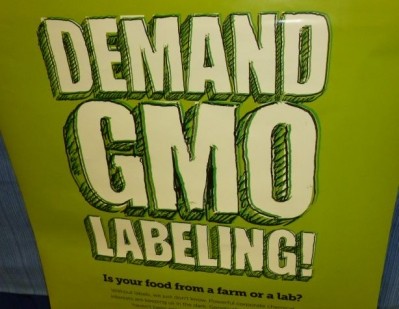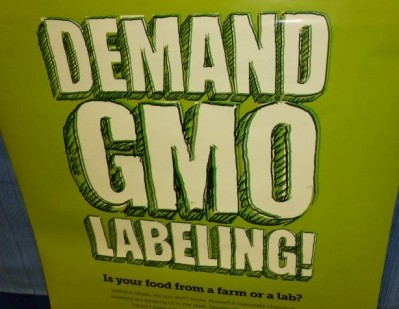NPA, CRN defend positions on Prop 37
In a recent press release, the advocacy group Yes on 37 said “It was not surprising to learn that the Natural Products Association (NPA) and the Council for Responsible Nutrition (CRN) oppose our right to know.” The headline of the piece said "NPA sides with DuPont, Monsanto against right to know measure.”
Disagreement about the proposition centers on its enforcement provisions. Proponents admit that Prop 37 has in common with the notorious Prop 65 a private enforcement clause, allowing private parties to bring suits to enforce the law. But, unlike Prop 65 (which has generated hundreds of lawsuits and millions of dollars in settlements against natural products companies), the proponents say that the wording of Prop 37’s clause would preclude fishing-type lawsuits.
The trade organizations strongly disagree, saying that while Prop 37’s clause is worded somewhat differently it does allow a plaintiff to recover ‘reasonable’ attorneys fees and to recover the costs of investigation, providing ample incentive to sue.
Prop 37 is intended to require the labeling of any food or supplement that contains genetically modified ingredients. There are a number of exemptions granted for this in the proposition's wording (though no exemption for very small companies, unlike Prop 65).
Prop 37 lawsuit potential huge
“Prop 37 would cause in the food realm as much pain, we believe, as Prop 65 does in that same realm,” Cara Welch, PhD, NPA’s vice president of scientific and regulatory affairs told NutraIngredinets-USA.
“Our concerns are based specifically on this enforcement provision. We’re concerned about the effect it will have on food manufacturers,” she said.
“Additionally we have concerned about the effect it has on California retailers. The California Legislative Analyst’s Office reviewed the ballot initiative. They think majority of the onus for knowing if products are appropriately labeled is on the retailers. And they will feel the brunt of this,” she said.
NPA, Welch noted, is the only trade organization in the natural products space that represents both retailers and manufacturers.
“The members were involved in this, both the retailer and supplier members, to develop thoughtful statement opposing this proposition. It might not be 65, but it certainly is going to have a direct and negative effect on NPA members,” said John Shaw, CEO of NPA.
“It’s a misrepresentation of facts that NPA is trying to cloak some sort of hidden agenda,” he said.
Steve Mister, president and CEO of CRN said: “Any consumer in California can bring an action. And that’s why I am so surprised when I hear from the other side, ‘We’re not Prop 65.’ They may have rearranged the deck chairs but it is still bounty hunter litigation.
“You have alleged damages based on the total amount of goods (that a company sells) in the state. You have the fact that they can get attorney’s fees and all reasonable costs to investigate and prosecute the action. You’ve got some really nice incentives to run to court with iffy information.
“We’ve already got a litigious environment where plaintiffs are just looking for a reason to sue and roll the dice to see if they can make some money,” he said.
Smaller firms bear the brunt
The American Herbal Products Association has not taken a position either for or against Prop 37. But Michael McGuffin, president of AHPA, shares Welch’s concern for smaller companies.
“What we are opposed to is making decisions without a thorough understanding of how those decisions will affect companies,” he said.
“It’s difficult for me to picture small grocery stores understanding that they have this requirement and complying with this requirement (to ensure proper labeling),” he said.
“There are companies that simply won’t know about the law. Who will it be? It will be very small companies that are really busy making excellent products.”
In any case, it appears that industry will have to accommodate itself to this new landscape. A recent article posted by the San Francisco Chronicle said polls project the proposition will pass will by a 3-to-1 ratio.








